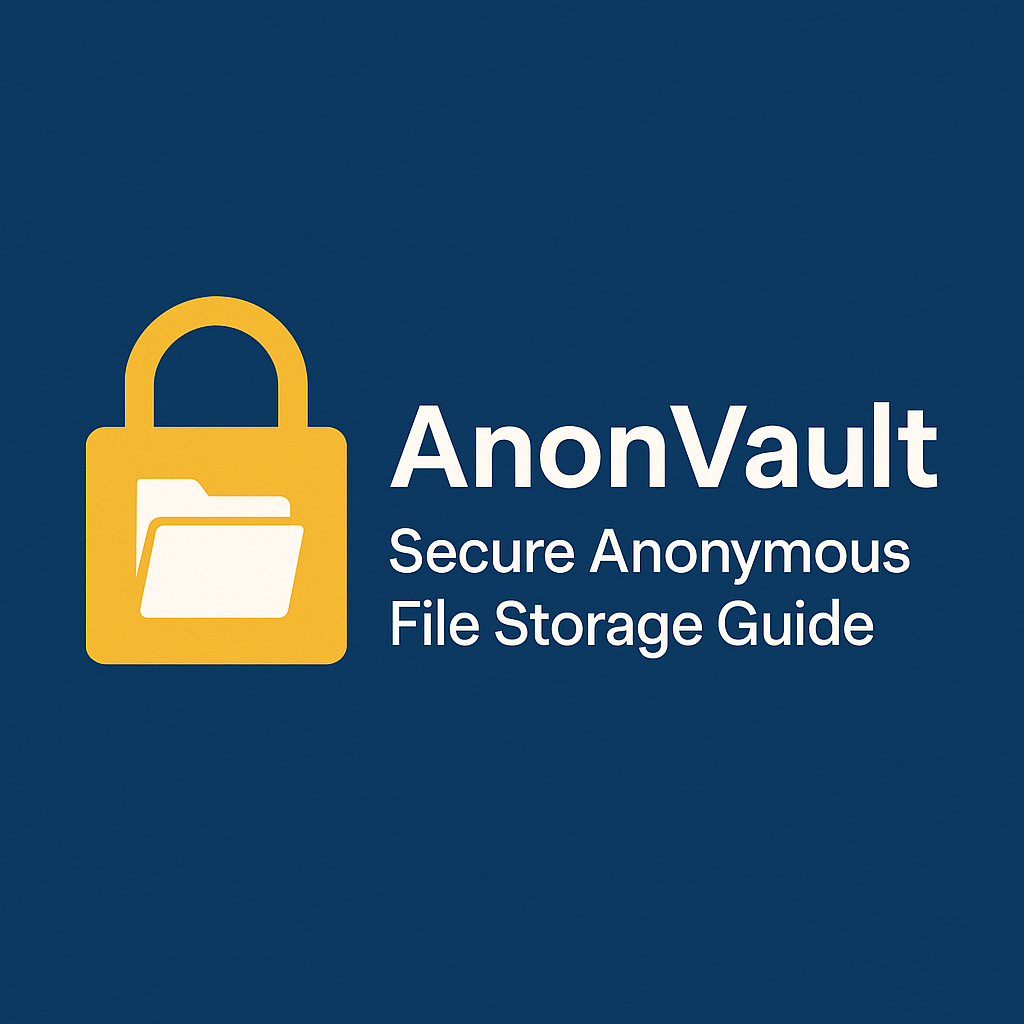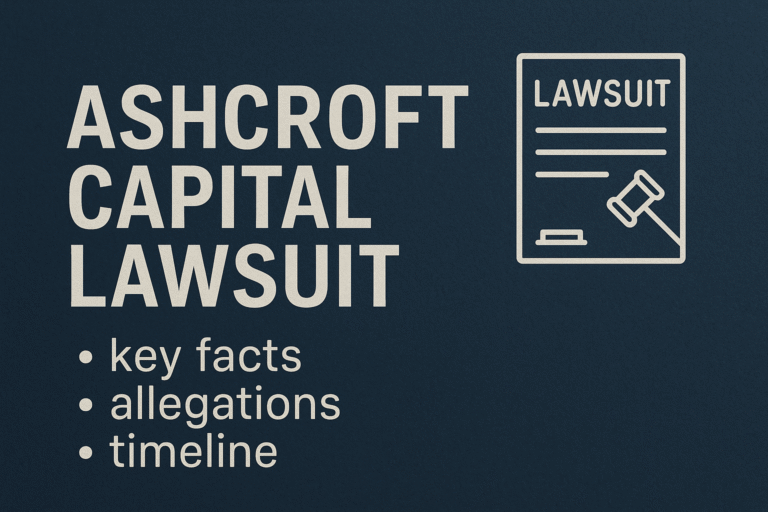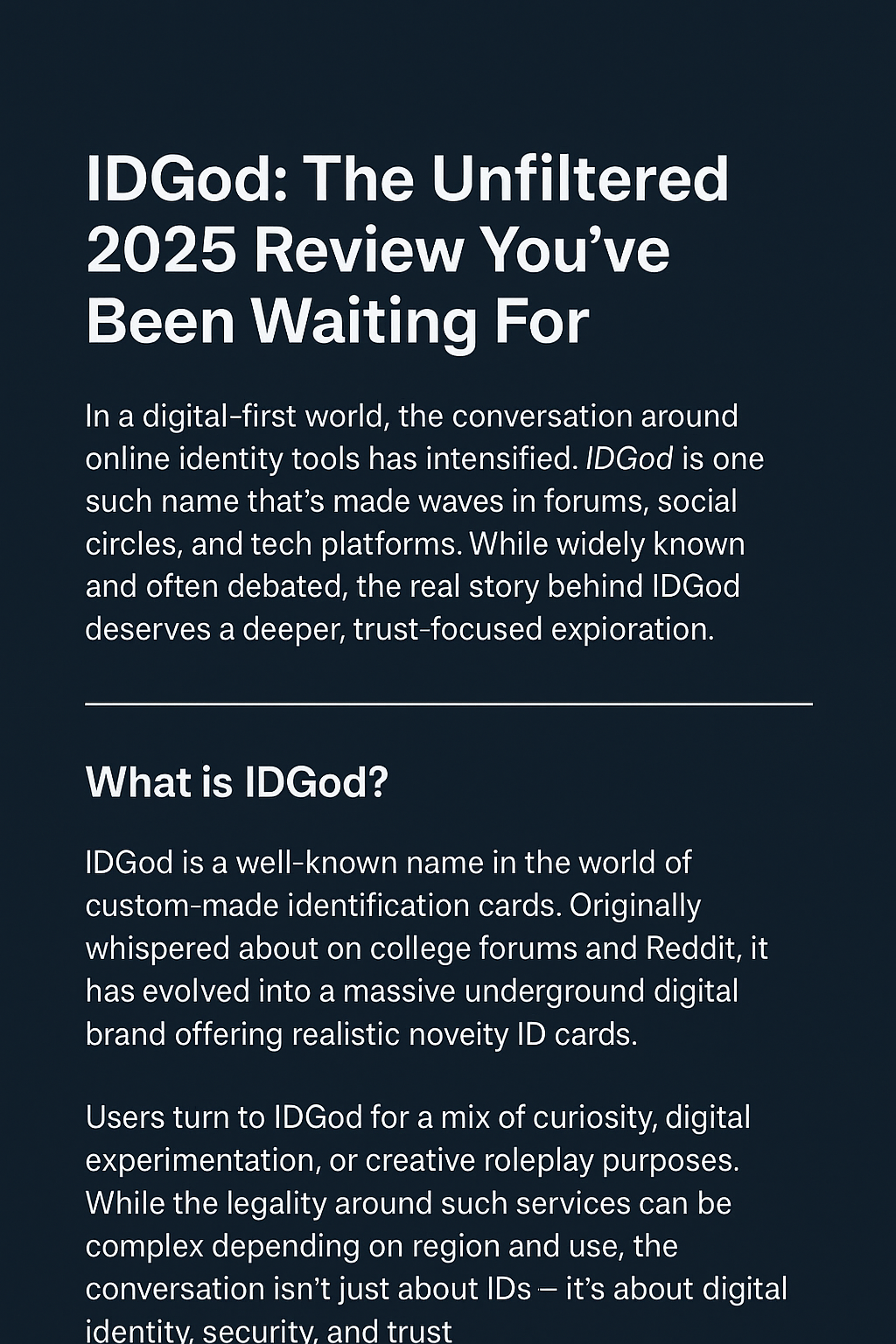AnonVault: Simple Guide to Anonymous and Secure File Storage
The internet has made storing and sharing files easy. Services like Google Drive or Dropbox let us upload, share, and access files from anywhere. But they also collect personal data, require accounts, and sometimes scan or track what we upload. AnonVault is a new kind of storage tool. It focuses on privacy, security, and anonymity. This means you can keep and share files without giving away your name, email, or personal details.Coomersu
In this guide, we will look at what AnonVault is, how it works, its main features, its benefits, and also its risks. We will also compare it to regular cloud storage and think about what the future may hold.
What is AnonVault?
AnonVault is a private online vault for files. The goal is simple:
Keep your files safe.
Keep your identity hidden.
Give you full control.
Unlike normal cloud storage, AnonVault does not need you to make an account. You do not need to give your name, email, or phone number. Files are encrypted before upload, and only you or the person you share them with have the key to open them.
Key Features of AnonVault
AnonVault is built around privacy. These are the most important features:
Security
End-to-End Encryption: Your file is encrypted on your computer before it is uploaded.
Zero-Knowledge Policy: The service provider cannot read your files.
Metadata Protection: File names, upload times, and IP addresses can be hidden.
Privacy and Anonymity
No personal details needed.
No user account required.
Share files with anonymous links.
Control
Expiry Links: Files can self-delete after a set time.
One-Time Links: Links can be made for single use only.
Password Protection: Add an extra layer of security to shared files.
Technology
Tor Support: Anonymity through the Tor network.
Decentralized Storage: Some versions use IPFS or blockchain.
Multi-Factor Authentication MFA: Optional for advanced users.
How AnonVault Works
Here is the basic workflow:
You encrypt the file locally.
The file is locked on your device using strong encryption AES-256 or RSA.
Upload the encrypted file.
The encrypted file is sent to AnonVault or to a decentralized storage system.
Get a secure link.
AnonVault creates a link. You can add expiry time or password protection.
Share the link.
You send the link to your chosen recipient.
Recipient decrypts.
The recipient uses the key to unlock and view the file.
The service never sees or can open the file.
Benefits of AnonVault
AnonVault has many clear benefits:
Stronger Privacy: No names, no accounts, no tracking.
Control: You decide how long a file lives and who sees it.
Censorship Resistance: Files are harder to block when stored in decentralized systems.
Useful for:
Journalists protecting sources.
Activists in high-risk regions.
Businesses sharing sensitive contracts.
Everyday people storing IDs, medical records, or personal files.
Risks and Limits of AnonVault
AnonVault is powerful, but it has some limits:
No Recovery: If you lose the encryption key, the file is gone forever.
Possible Misuse: Criminals may also use it for illegal sharing.
Difficult for Beginners: Encryption keys and privacy rules can be confusing.
Slower Speeds: Tor or IPFS storage can be slower than Google Drive.
Not Always the Same: Different versions of AnonVault may offer different features.
Comparison: AnonVault vs Normal Cloud Storage
| Feature | AnonVault | Google Drive / Dropbox |
|---|---|---|
| Account Needed | No | Yes email, password |
| End-to-End Encryption | Yes | Not always provider controls keys |
| Can Provider Access Files? | No | Yes |
| Anonymous File Sharing | Yes | No |
| Expiry Links / Auto Delete | Yes | Limited |
| Decentralized Storage | Yes Tor, IPFS, blockchain | Centralized servers |
| Data Recovery | No if key lost, file is gone | Yes password reset, recovery |
| Privacy Level | Very High | Moderate |
| Speed | May be slower with Tor/IPFS | Fast, global servers |
Ethical Questions
AnonVault raises important questions:
Should full anonymity be allowed? It protects journalists and whistleblowers, but also criminals.
How do we balance safety with privacy? Law enforcement may want more oversight, but too much control weakens privacy.
Who manages decentralized systems? Without a single company in charge, rules and governance are harder to enforce.
Future of AnonVault
Technology is always moving forward. AnonVault may grow in new ways:
Web3 Integration Using blockchain and tokens for secure file management.
Post-Quantum Encryption Protection against future quantum computers.
Better Key Management Easier tools for saving and using encryption keys.
Private AI Tools AI scanning for malware without exposing your files.
Hybrid Models Services that mix privacy with legal compliance (like GDPR).
Pros and Cons Table
| Pros | Cons |
|---|---|
| End-to-end encryption protects content | If you lose the key, data cannot be recovered |
| No account or personal data required | Can be used for illegal activities |
| Expiry and one-time links improve security | Not beginner-friendly |
| Works with Tor and decentralized storage | Slower than centralized clouds |
| Good for journalists, activists, private users | Features differ across providers |
Frequently Asked Questions
What is AnonVault?
AnonVault is a private and anonymous file storage tool. It uses end-to-end encryption so only you and the people you share with can see your files.
How is AnonVault different from Google Drive or Dropbox?
Unlike Google Drive or Dropbox, AnonVault does not need an account, personal details, or login. It also cannot scan or access your files because it uses zero-knowledge encryption.
Do I need to sign up to use AnonVault?
No. Most versions of AnonVault do not require sign-up. You can upload and share files without giving your name or email.
Can AnonVault recover my files if I lose my key?
No. If you lose your encryption key or link, your files cannot be recovered. This protects your privacy but also means you must keep your key safe.
Can I share files with others using AnonVault?
Yes. AnonVault gives you a secure link to share. You can also add options like expiry time, one-time access, or password protection.
Is AnonVault safe for journalists and activists?
Yes. AnonVault is designed for privacy and security. Journalists, activists, and people in sensitive environments use it to protect their files and identity.
Does AnonVault use decentralized storage?
Some versions of AnonVault use decentralized systems like IPFS or blockchain. This makes files harder to censor or block.
Conclusion
AnonVault is more than just a storage app. It represents a new way of thinking about data. Instead of giving up control to big companies, users can keep files private, anonymous, and secure.
This makes it perfect for people who need strong privacy, from journalists to everyday users. But it also means taking responsibility: if you lose your key, there is no way back.







